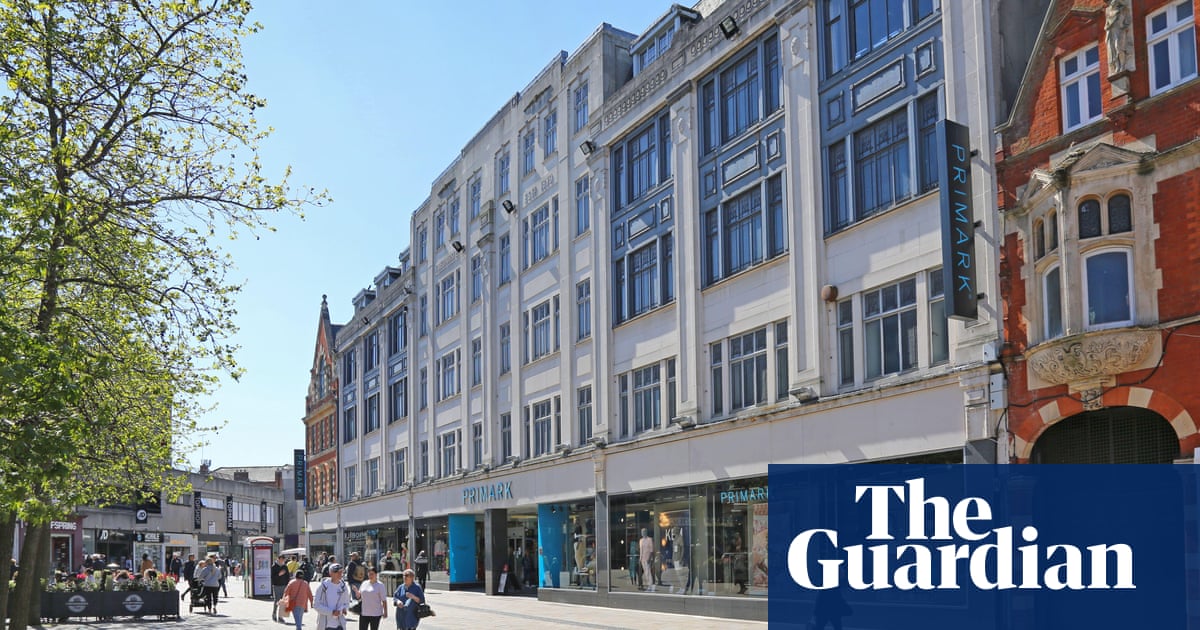Sunny weather fuelled an unexpected increase in retail sales in Great Britain last month, as shoppers flocked to clothing, outdoor and DIY stores.
Retail sales volumes rose 0.4% in March, according to theOffice for National Statistics(ONS), defying a forecast of a 0.4% fall by City economists and marking the third straight month of sales growth.
The overall 1.6% rise in sales across the first quarter of the year, compared with the last quarter of 2024, is the strongest rate since July 2021.
However, the latest monthly shopping boost came before the US president Donald Trump’s“liberation day”global tariff war announcements at the beginning of this month, with consumer confidence falling to thelowest level since 2023.
On Thursday, Andrew Bailey, the governor of the Bank of England, said the UK economy faced a“growth shock”from Trump’s trade policies.
Charlie Huggins at the broker Wealth Club said: “Although the weather will undoubtedly have helped boost these figures, there is little indication that the UK consumer is significantly cutting back. However, Trump’s tariffs are unlikely to help.”
The third sunniest March on record helped fuel strong sales for outdoor-related goods, the ONS said.
In March, textile, clothing and shoe shops proved to be the strongest-performing category, with sales up 3.7%.
This was followed by “other” non-food stores, which includes garden centres and secondhand shops, where sales rose 2.4%.
There was a healthy 1.9% boost in non-store retailing, mostly online-only retailers that experienced particularly strong sales of clothing and DIY goods.
Sign up toBusiness Today
Get set for the working day – we'll point you to all the business news and analysis you need every morning
after newsletter promotion
These rises were partly offset by a 1.3% fall in food store sales, which also fell 2.2% in February, with supermarkets hit the hardest.
However, PwC UK’s head of retail, Jacqueline Windsor, said the sales boost in March “should be read with care” as the ONS adjusts for the impact of Easter and school holidays falling in April this year.
Matt Dalton, the consumer sector leader at the advisory firm Forvis Mazars, said: “We are moderately optimistic about developments in the coming months. The main caveat is the rise in uncertainty that we have seen in recent months. Surveys of consumer sentiment are beginning to show some cracks, with willingness to spend falling on the back of greater pessimism about the future of the economy.”
Earlier this week the International Monetary Funddowngraded its 2025 growth forecastfor the UK to 1.1%, from the 1.6% it had been expecting as recently as January before the tariffs were announced.
